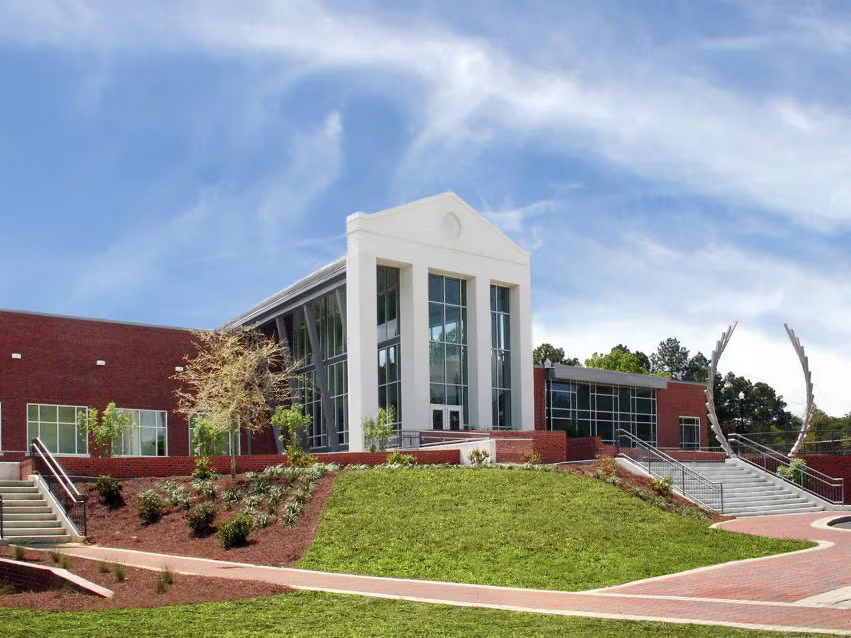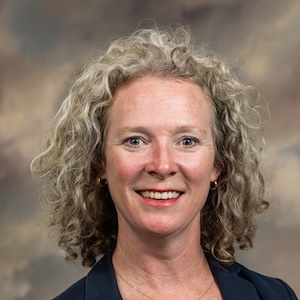In rural communities across Georgia, entrepreneurs often struggle to access the same resources and networks that city‑based startups enjoy. Georgia Southern University’s Business Innovation Group (BIG) set out to change that. Over the past decade, BIG has transformed from a single vision into a statewide ecosystem known as the Georgia Enterprise Network for Innovation and Entrepreneurship (GENIE). In a recent webinar, Director Suzanne Hallman shared how this journey unfolded and what other universities and economic‑development organizations can learn from it. Here’s a look at the ideas and milestones that define the partnership between Georgia Southern University and Economic Impact Catalyst.
A Vision to Connect Rural Communities
The GENIE story began in 2012 when BIG secured a $295,927 grant from the U.S. Community Adjustment and Investment Program. The goal was simple yet ambitious: create a virtual incubator that could deliver mentoring, training and business‑planning resources to entrepreneurs in five NAFTA‑impacted counties at no cost. Advisors, mentors and clients shared resources through an online portal, while staff visited rural businesses each month to maintain relationships. Within a few years, the virtual program had engaged over 40 businesses and provided ongoing support to 23 companies.. More than 85 students gained hands‑on experience by helping incubator clients with customer surveys, employee handbooks and market research.
From Virtual Platform to Physical Hubs
With the processes honed through GENIE, BIG secured additional funding from the Economic Development Administration (EDA) to build physical incubators and a digital fabrication laboratory in downtown Statesboro. These facilities quickly filled up, prompting community leaders to replicate the model. Today BIG operates three incubators:
- Innovation Incubator (I2) in Statesboro – a cross‑industry space offering hot desks, dedicated offices, meeting rooms, printers, wireless access and controlled building entry. Developmental benefits include coaching and leadership training, access to university faculty and students, market research, and networking events
- Metter Business Incubator – established with the City of Metter and Georgia Grown, this site focuses on agricultural and ag‑related businesses. Members enjoy furnished offices with fiber internet, AV equipment, co‑working space and secure building access, plus coaching, market research, and technical support.
- Hinesville Business Incubator – opened in December 2023 through a partnership with the City of Hinesville, the Hinesville Development Authority and Georgia Southern University. Located across from the Liberty Campus, it serves military and veteran families from Fort Stewart and Hunter Army Airfield. Membership includes private offices, dedicated desks, virtual options, business coaching and workshops.
Each incubator tailors programming to its community while remaining connected to the GENIE network. Modern technology plays a key role: virtual reception kiosks allow visitors to book meetings with staff in Statesboro, interactive conference rooms enable remote collaboration and workshops, and a statewide “resource compass” helps founders navigate available servicesThese tools ensure that even the most rural entrepreneurs can access expertise from faculty, mentors and peers.
The 2024 Expansion: A Mini‑Civic Hub
In August 2024, Georgia Southern University announced a $2.5 million expansion of its Innovation Incubator. Funded by a $2 million EDA grant and $500,000 from the City of Statesboro, the project adds more than 14,000 square feet of space at 64 East Main Street. The renovated facility will serve as a local civic hub with office suites, two interactive conference rooms, a makerspace and breakout areas. Officials expect the expansion to create 300 jobs and generate $40 million in private investment. Mayor Jonathan McCollar praised the partnership between the university, the city and the Downtown Statesboro Development Authority, noting that it showcases how communities can work together to advance economic opportunity (savannahceo.com).
The momentum is undeniable. In 2023 alone, BIG launched 57 new businesses, assisted nearly 500 companies, facilitated over $100 million in capital access, and supported 2,242 jobs. Those numbers underscore how a well‑designed incubator network can drive entrepreneurship far beyond a single campus.
How Technology Enables Scale
One of the most striking themes from our webinar was the time and efficiency gained by adopting a purpose‑built platform. Before adopting Startup Space, Suzanne and her team managed 10–12 separate calendars for FabLab equipment, meeting rooms and classrooms. Reporting for multiple EDA grants meant reconciling spreadsheets from partners such as the Small Business Development Center and SCORE, a process that consumed half of her time each month.
With Startup Space, BIG now has a unified system for scheduling, client records and outcome tracking. Entrepreneurs can reserve space online; advisors can access complete client histories; and the team can produce grant reports in minutes instead of weeks. While features alone don’t drive impact, GSU’s experience shows that aligning technology with mission can free staff to focus on what matters: mentoring founders and building community.
Lessons for Ecosystem Builders
Georgia Southern University’s journey offers several takeaways for universities, governments and nonprofits seeking to nurture entrepreneurship:
- Start where you are. GENIE began as a virtual incubator serving five rural counties. Pilot programs help organizations refine processes before investing in brick‑and‑mortar facilities.
- Tailor to local needs. Each BIG incubator focuses on its community—from agriculture in Metter to military families in Hinesville—while remaining part of a larger network. Local relevance builds trust and ensures programs resonate with participants.
- Invest in partnerships. The success of BIG depends on partnerships with municipalities, development authorities and agencies like the EDA. These collaborations provide funding, space and community buy‑in.
- Use technology to amplify reach. Virtual receptionists, interactive classrooms and a unified data platform allow GSU to serve entrepreneurs across Georgia without replicating staff at each site.
Looking Ahead
With plans to expand GENIE to dozens of locations, Georgia Southern University shows that inclusive innovation can be scaled. By bridging the urban–rural divide, integrating student learning and leveraging public–private partnerships, BIG is redefining what university‑led economic development can look like. As Suzanne Hallman put it in our webinar, the goal isn’t just to create startups, it’s to reinvigorate local communities and make Georgia a hub for innovation. For economic‑development leaders seeking inspiration, the GENIE model offers a roadmap for building ecosystems that are both locally grounded and globally connected.


.jpg)


